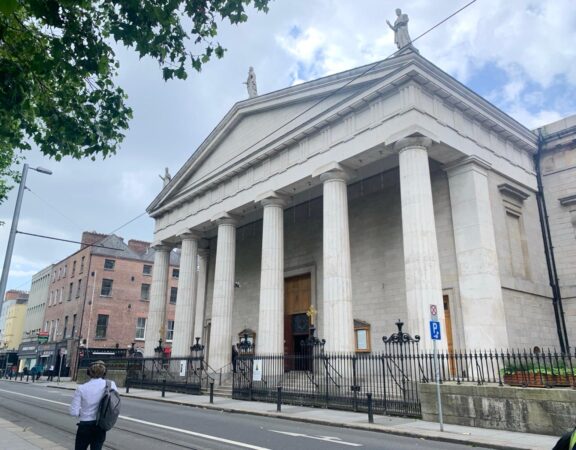The Unit was born from the desire of the staff to provide the best possible care for a very particular group of sick children and their families. It has been developed to ensure that the children’s basic human needs for stimulation, play and the closeness of their families are addressed without any compromise in the provision of medical care and attention. A key principle in its planning was the desire to enable parents to develop the competencies and the confidence that will allow them to be the primary care-givers for their children. This reflects the importance of integrated approach to the health care of children.
I am conscious that that the vision that lies behind this project might never have come to fruition without the support of The Children’s Medical and Research Foundation. The work of the Foundation in attracting the financial support that together with funding provided by the HSE allowed the development to go ahead is thoroughly deserving of recognition. The fact that the funding was raised from such a diverse range of sources – corporate donors, private individuals, groups of “Friends of the Hospital”, foreign donors – reflects very clearly both the international prestige that the hospital enjoys and the great support there is in the wider community for the work of the Hospital.
This support will be a very important resource to those who are charged with developing the new Single Tertiary National Paediatric Hospital which is currently entering into the planning phase. It is vital that that this support and goodwill is fully engaged in order to ensure that the eventual facility will be an institution of which we can all be proud. The integrated approach which this unit reflects stresses how important it will be to have a single new Paediatric Hospital as has been clearly identified in all the expert reports.
The recently published report on Active Citizenship makes an important, if sometimes forgotten, observation: Government policy is only effective to the extent that it is developed and implemented in co-operation with many different stakeholders who play important roles in Irish society. This is particularly true of Government policy in the area of health where the voluntary sector has made, and will continue to make, a very significant contribution to the delivery of healthcare. It is vital that the voluntary groups and institutions who founded and continue to operate so many of our healthcare facilities, albeit with very substantial financial support from Government, are fully involved in the planning and development of future services. These groups and institutions should be appreciated not just because their contribution is voluntary in the sense that it is offered without charge but because it is rooted in a commitment to offering the best possible healthcare to those who are most in need.
The State does not necessarily do things better, as various current crises of the functioning of State institutions shows. The State must look on the perhaps awkwardly autonomous voice of the voluntary sector as a resource not a threat. The report on Active Citizenship reminds us: Civic engagement can only be sustained if people believe that they can influence decision-making and that their views are taken into account. A sense of citizenship amongst all those in public service positions will be reflected in a willingness to serve fellow citizens fairly and with courtesy. Transparency and accountability in decision-making will enhance the State’s relationship with its citizens.
In a few moments we will bless the new unit, in doing so we are asking God to bless the efforts of all those who will through their work in the Unit seek to offer care and healing to the children entrusted to them. I want to express my appreciation for the extraordinary dedication to sick children that is to be found in every aspect of Hospital life. Jesus had a special care for the sick and for children. I wish to encourage all of you, whatever your own cultural or religious background, in your work






